On the evening of April 23, the token of the AI project JuliaOS was launched on the Solana chain with a market value of around $650,000. The over 50% bundled tokens behind it deterred on-chain players, yet within less than 24 hours, it reached a market value of $25 million. What exactly is JuliaOS, and what is the situation with the bundled addresses behind it?
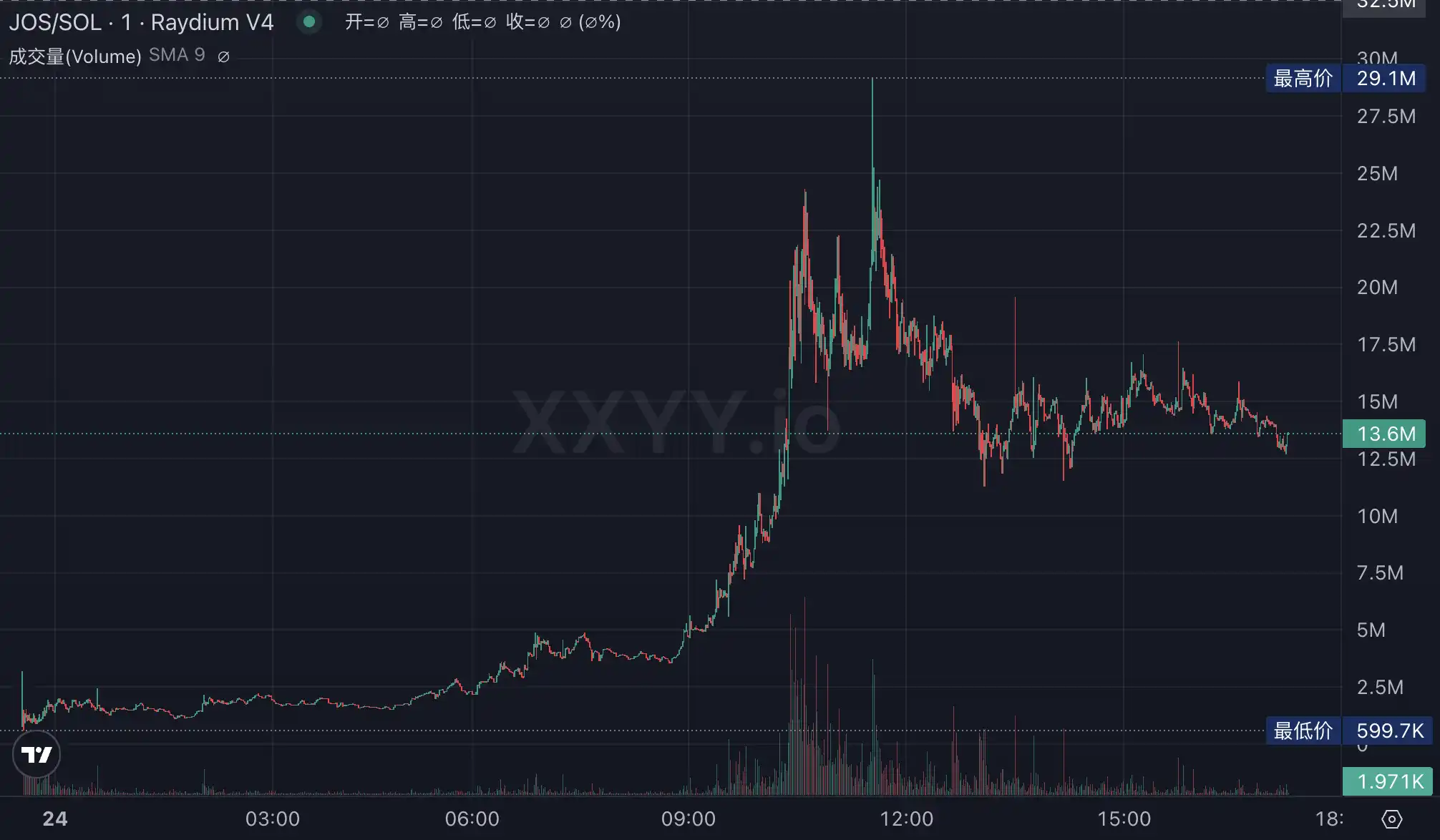
What is JuliaOS?
JuliaOS is a new hive cluster framework for AI Agents. Currently, the only known team information is that Leslie Kivit, COO of Qubic, serves as an advisor for the project, and the founder Adam Consuli has a Twitter presence. There is no relevant information about this name online, but it can be learned from the project’s Mod that the team is from Norway, and the founder has over six years of IT experience in financial trading and the energy sector. The position of founder as CTO rather than CEO may indicate that the team is more technology-focused rather than marketing-oriented.
Advisor Leslie Kivit comes from Qubic, which is a layer network that combines oracles and smart contracts to enable free trading while utilizing computing power for AI training. As an AI chain, it has hosted several AI hackathons in Madrid, and both teams are from Europe. Leslie Kivit's willingness to be the only Doxx member of the team likely indicates a certain level of trust between the two teams offline.
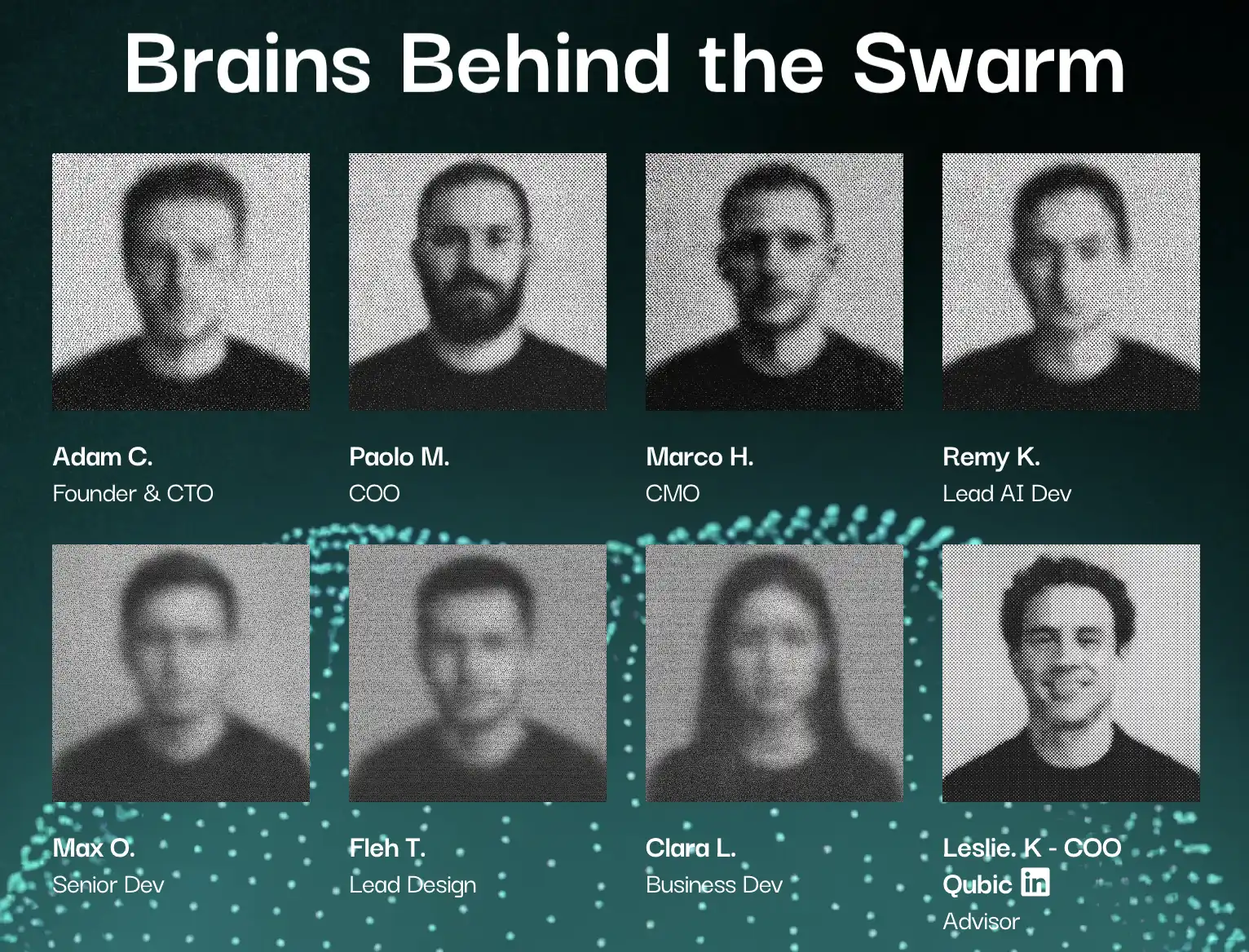

Those who participated in AI projects during the last cycle will certainly be familiar with the concept of AI Swarm. Previous cycles featured Swarms written in Python, Eliza in TypeScript, and Arc in Rust, all of which mentioned this framework model. These projects once had good market values.
The team is very confident in their technology, claiming that they developed all the features shown in the following chart in just one month, and announced in TG that a major event will be announced in the next two days, "Thursday and Friday."
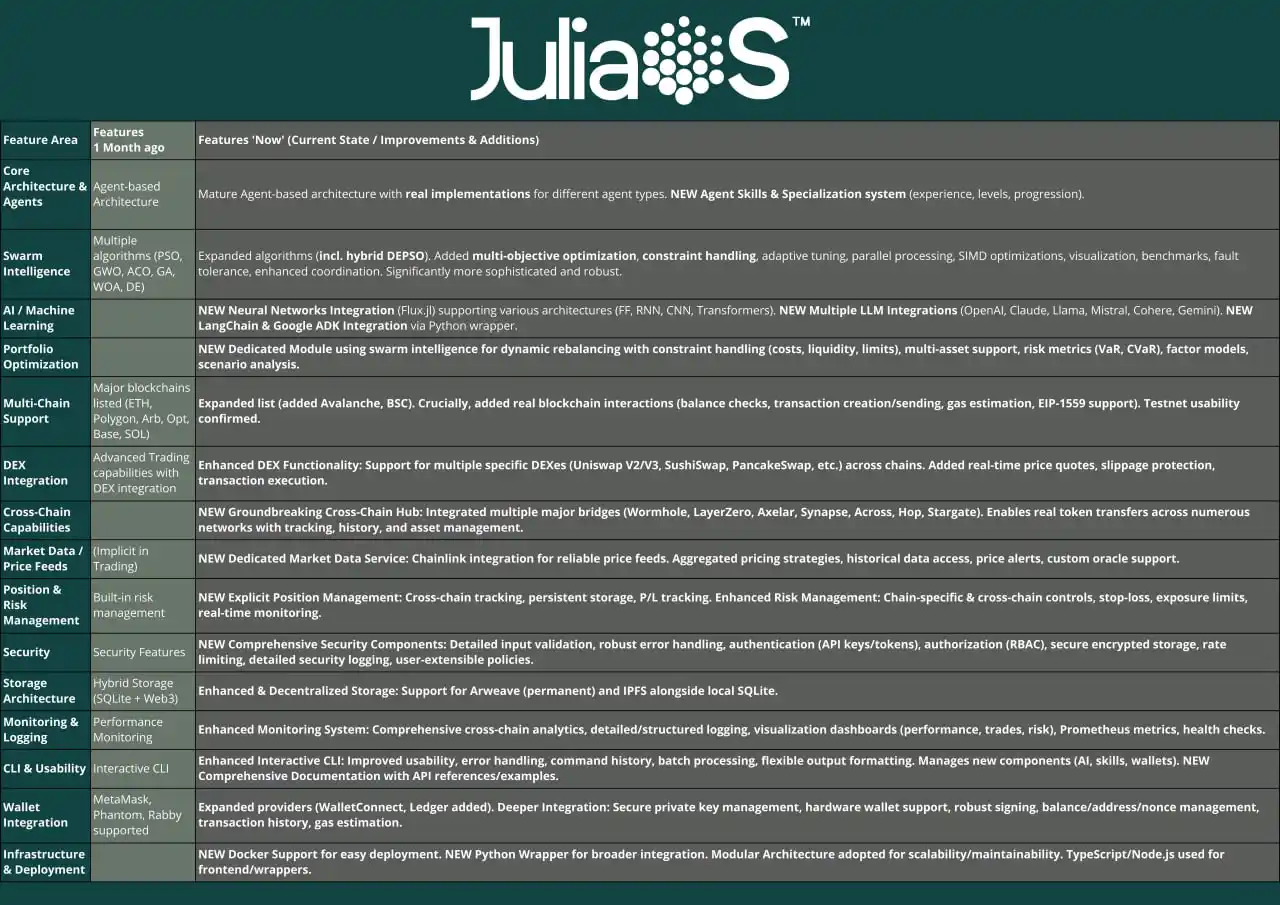
The community has also "thoughtfully" prepared a technical comparison between themselves and other Swarm-like projects. It is now known that the framework can support multiple chains, including a series of mainstream chains such as ETH, Polygon, Arbitrum, Optimism, Base, Solana, as well as mainstream large models like Llama, Gemini, and Mistral.
The project roadmap indicates that the team will start from AI Agents and evolve into an AI-driven DAO organization, with plans to launch a market for trading AI learning materials and AI Agents in the future.
This roadmap is similar to most framework-based AI projects, but most previous AI projects did not meet expectations. In contrast, the most recognized concept in the market is actually the underlying programming language used by the project, Julia.
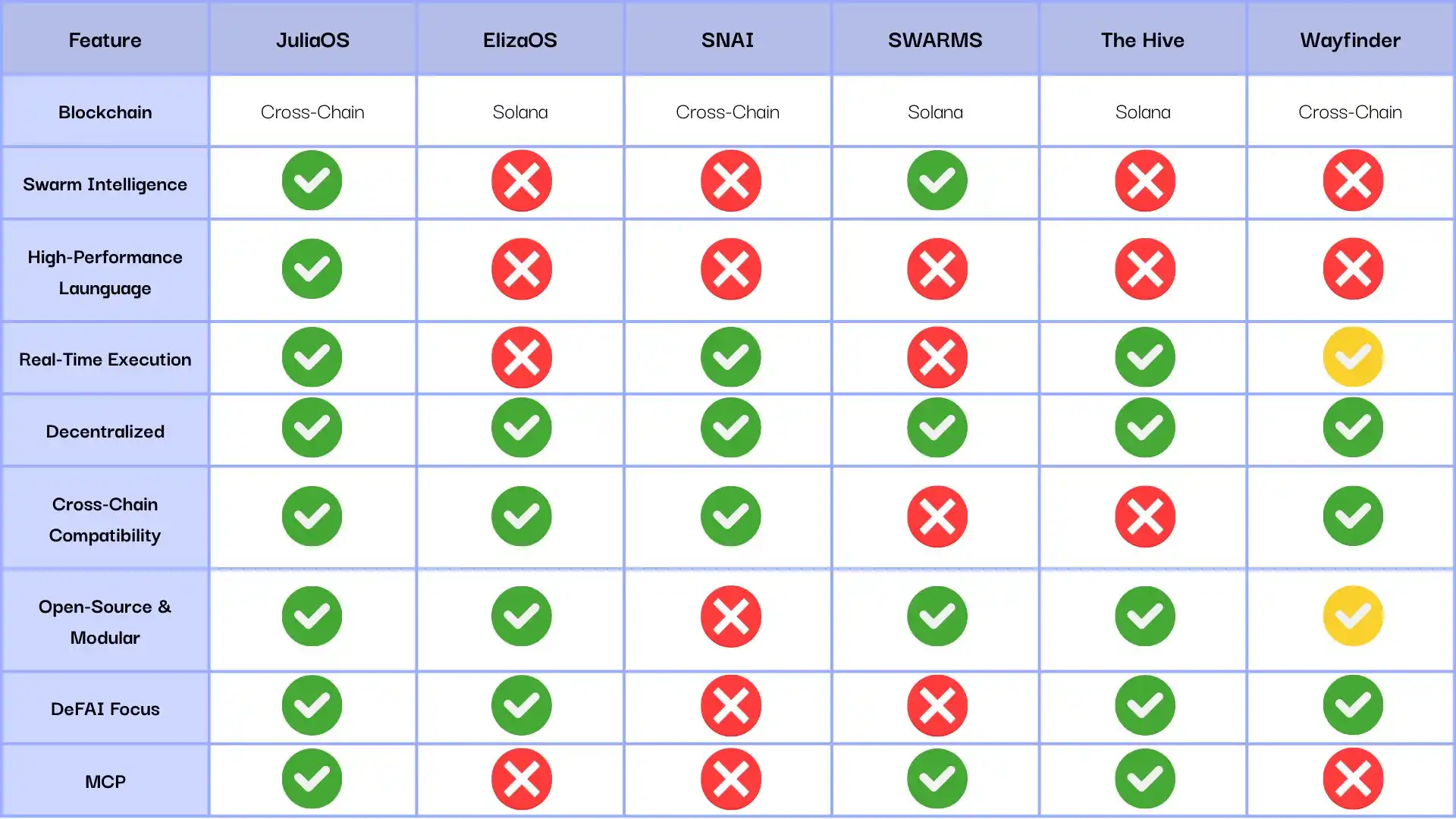
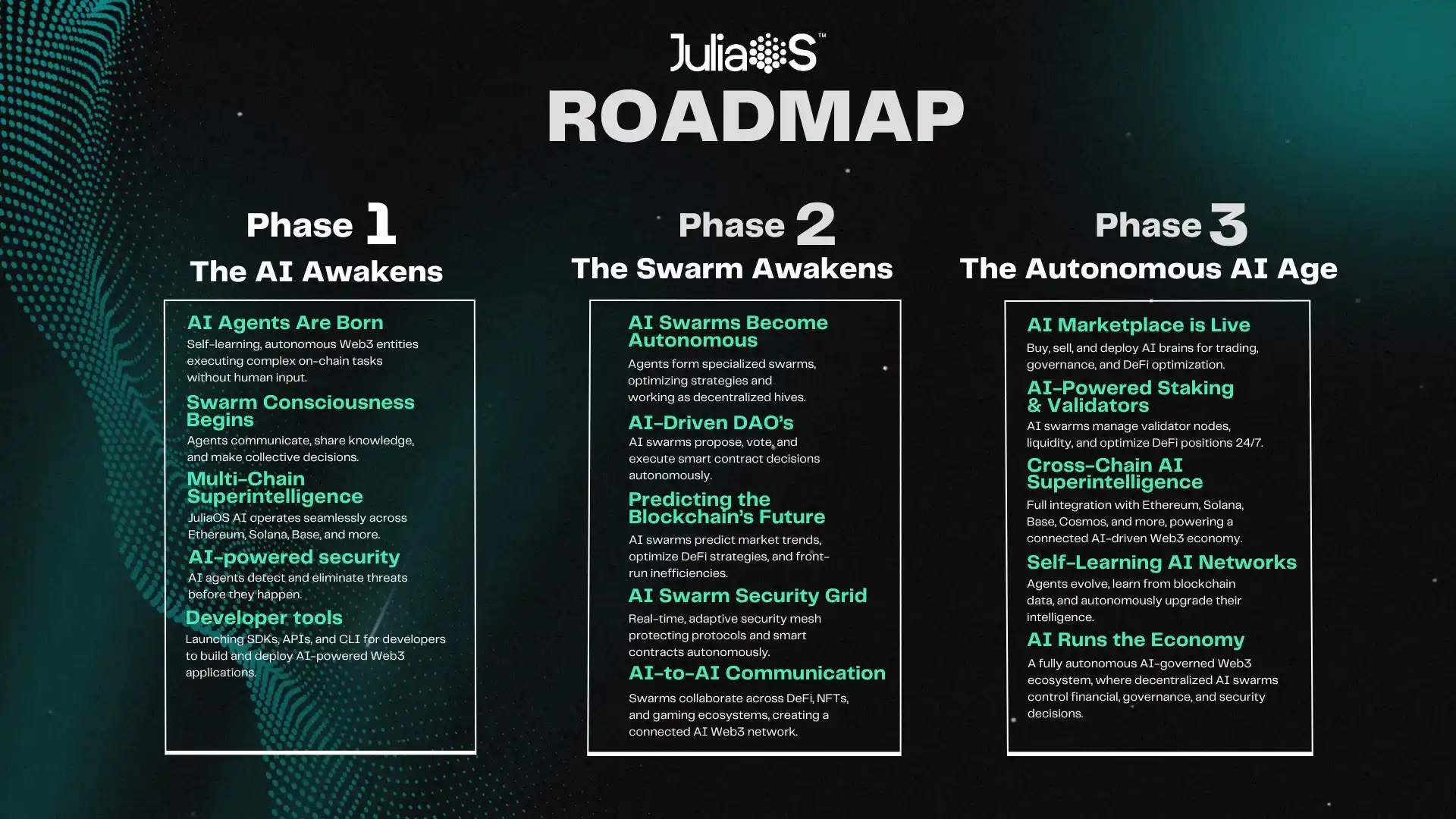
What is the non-mainstream programming language Julia?
Julia is a high-performance, dynamically typed high-level programming language designed for scientific computing, data analysis, and machine learning, aligning well with the capabilities required by today's AI. Julia was first introduced in 2012 by four researchers from MIT: Jeff Bezanson, Stefan Karpinski, Viral B. Shah, and Alan Edelman.
On Valentine's Day 2012, they published a post titled "Why We Created Julia," which mentioned that they created Julia because they were too greedy: "We wanted the speed of C without losing the dynamism of Ruby; we wanted a language that is suitable for general programming and as easy to use as Python; convenient for statistics like R; natural for string processing like Perl; powerful in linear algebra like Matlab; and excellent in program composition like Shell."
Now, 13 years later, Julia ranks 23rd in the PYPL Programming Language Popularity Index for April 2025. In the fast-developing field of AI Agents, especially in CryptoAI, Julia is considered more suitable for the rapid information flow of Crypto.
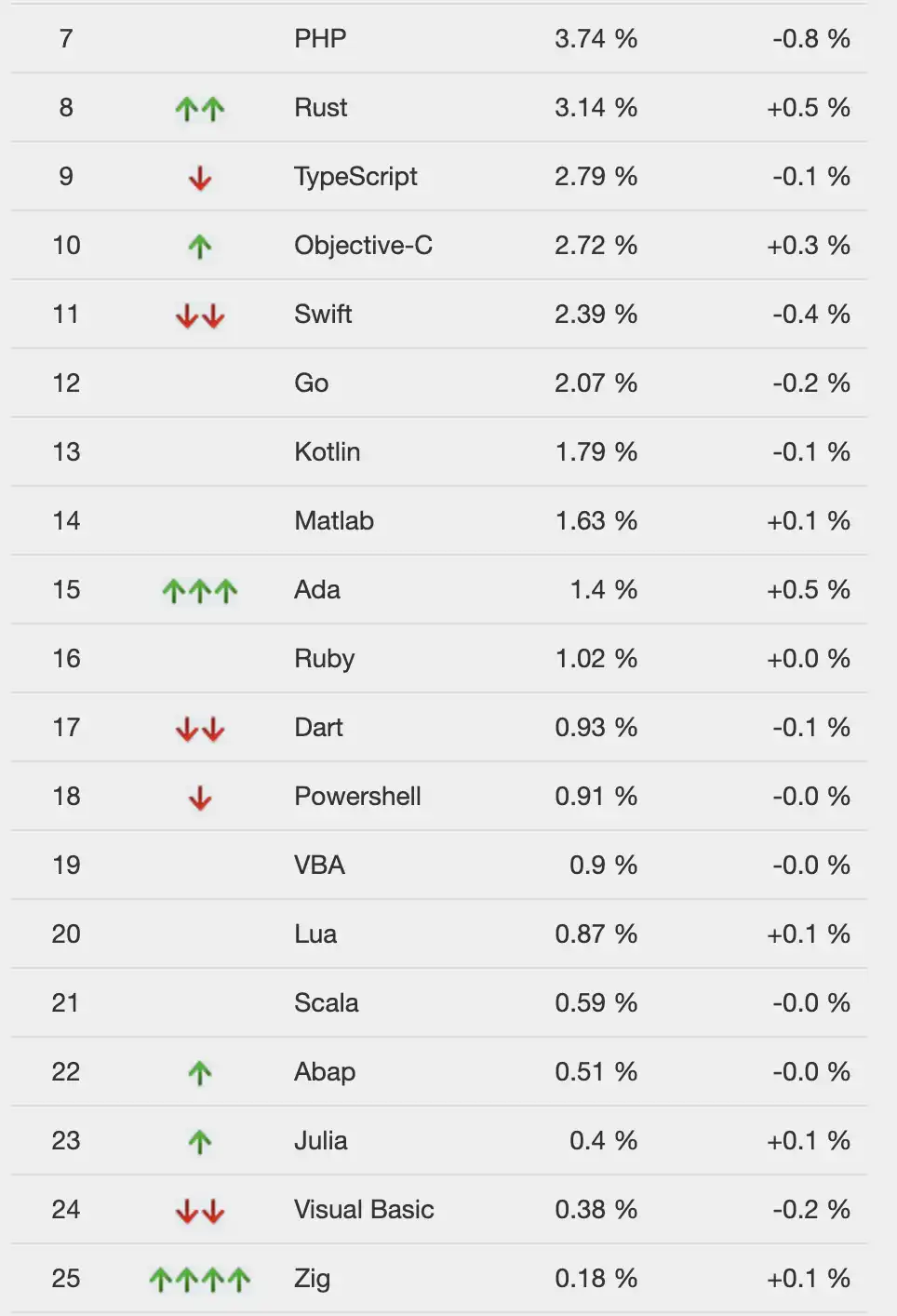
Bundled Tokens for Pre-sale
Even though the concept of Julia's AI framework does have a certain appeal among retail investors, one of the most concerning issues in on-chain token trading is insider trading. The sight of such a large amount of bundled tokens and sniper tokens, without any public pre-sale information or related token distribution rules, is indeed unsettling.
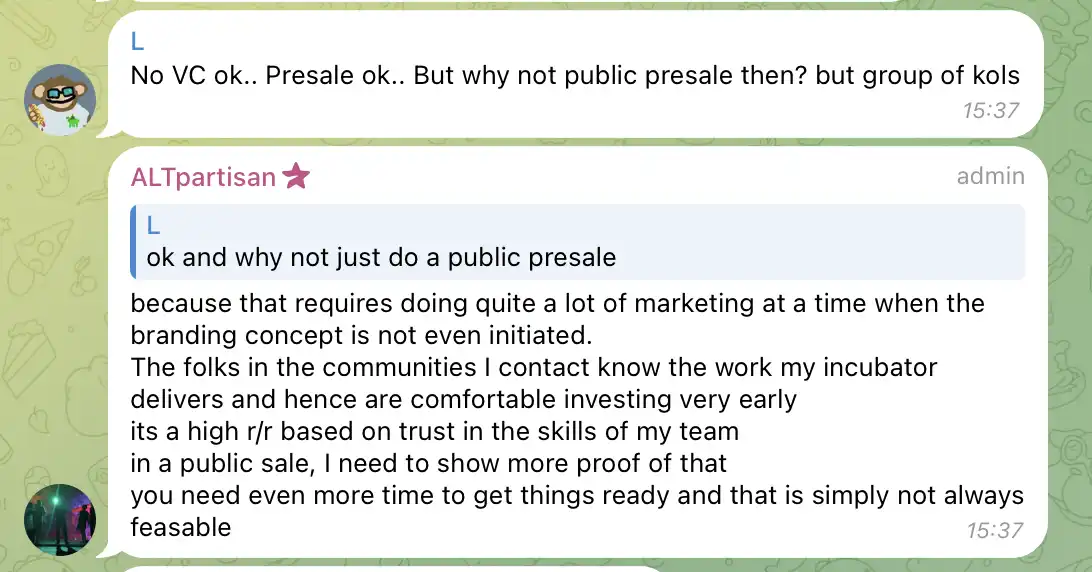
The project incubator leader ALTpartisan responded that extensive marketing was needed before the brand concept was launched, so they contacted trusted communities for early investment. He added, "The market looked very uncertain two months ago, and the project needed runway. If we had chosen the VC route, the initial market value of this project would have been $3 million, which is why we opted for a small community sale."
ALT believes there is almost no way to satisfy all types of investors, and for the project's development, he has chosen the path most suitable for a legitimate project. We can learn from the community that the pre-sale market value price for these communities is the same as the token launch's IMC "initial market value" and has certain sales restrictions. The team claims to monitor every sold token address to respond promptly.
The project's concept and the first Julia language AI Agent project seem promising, but for better project development, more trust needs to be given to the community. A more transparent team and token distribution system will better facilitate mutual understanding between the project and the community, while an anonymous team and insider dealings will push the community further away. As of the time of writing, the token's market value stands at $14 million. Although the reasons provided by the team are indeed reasonable, in this market situation, we need to be extra cautious in our investment choices.
免责声明:本文章仅代表作者个人观点,不代表本平台的立场和观点。本文章仅供信息分享,不构成对任何人的任何投资建议。用户与作者之间的任何争议,与本平台无关。如网页中刊载的文章或图片涉及侵权,请提供相关的权利证明和身份证明发送邮件到support@aicoin.com,本平台相关工作人员将会进行核查。




